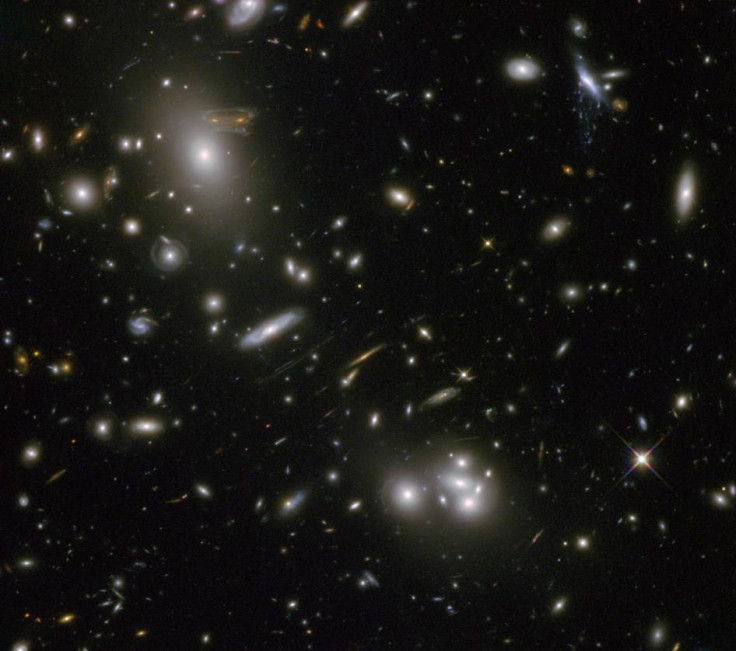Scientists Discover Most Distant Galaxy Clusters in Universe

Four galaxy clusters have been discovered 10 billion light years from Earth.
Scientists at Imperial College London used a new way of combining date from the two European Space Agency satellites, Planck and Herschel, to identify galaxies farther away than ever before.
The discovery reveals what the universe looked like when it was just three billion years old and has helped build a timeline of how clusters are formed.
Dr David Clements, lead researcher from the Department of Physics at Imperial, said: "Although we're able to see individual galaxies that go further back in time, up to now, the most distant clusters found by astronomers date back to when the universe was 4.5 billion years old.
"This equates to around nine billion light years away. Our new approach has already found a cluster in existence much earlier than that, and we believe it has the potential to go even further."
According to Clements, the clusters can be identified because the galaxies they contain dust and gas which form stars. The process in which they are created emits light, which is picked up by the satellite.
There are two types of galaxy. Elliptical, or spiral, galaxies contain less dust and gas, but many stars. The Milky Way, our galaxy, is the spiral kind. Scientists believe the galaxies within the clusters are of the elliptical kind, which are in the process of being formed.
The two satellites collect date in different ways. The Planck satellite scans the whole sky, while the Herschel satellite takes information from more specific areas.
In the Monthly Notices of the Royal Astronomical Society, scientists wrote that they used Planck data to source distant infrared emission in areas covered by the Herschel satellite. They cross-referenced the results with the Herschel data to closely examine the findings.
Four previously undiscovered galaxy clusters were found and the team used additional existing data and observations to estimate the distance of the clusters from Earth.
© Copyright IBTimes 2025. All rights reserved.






















